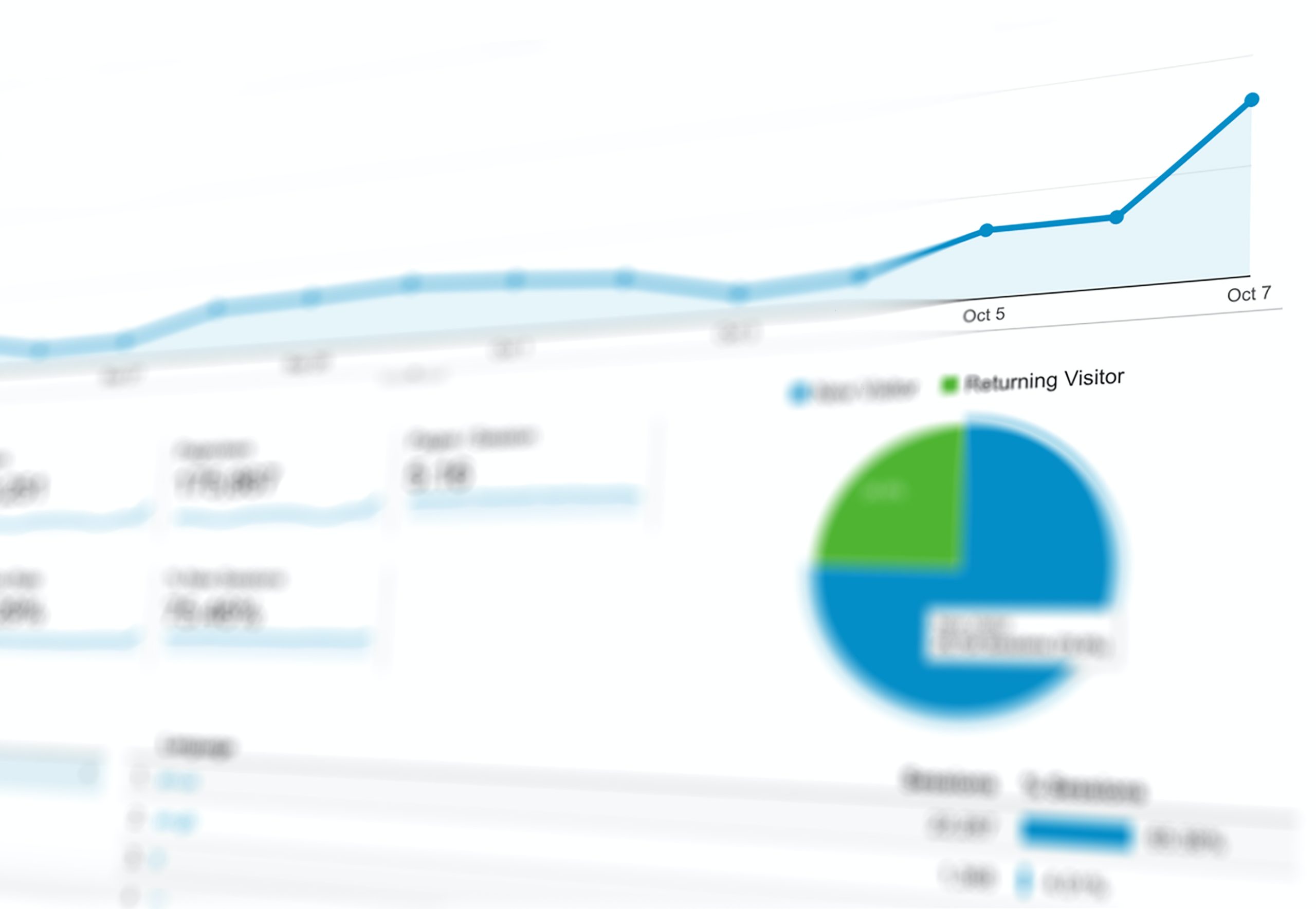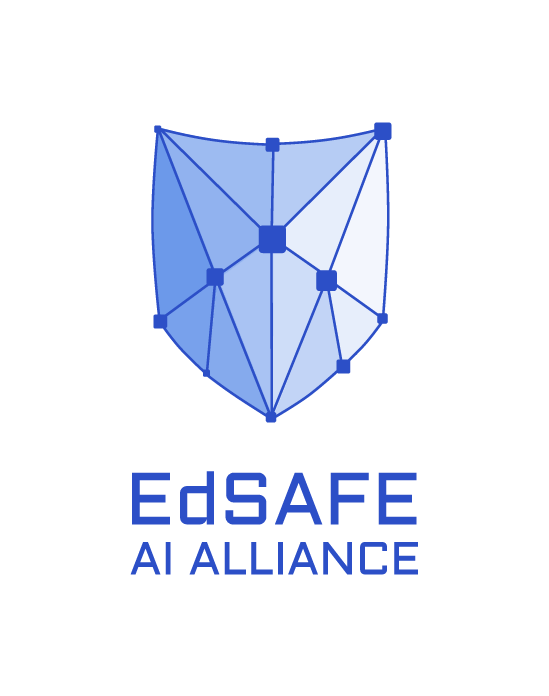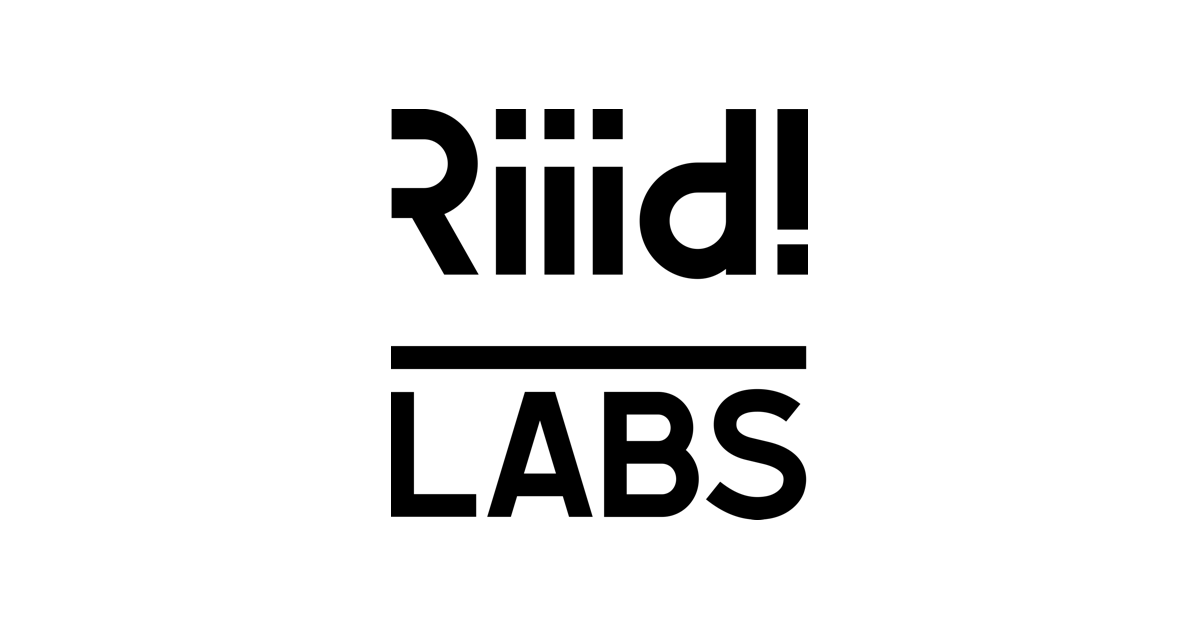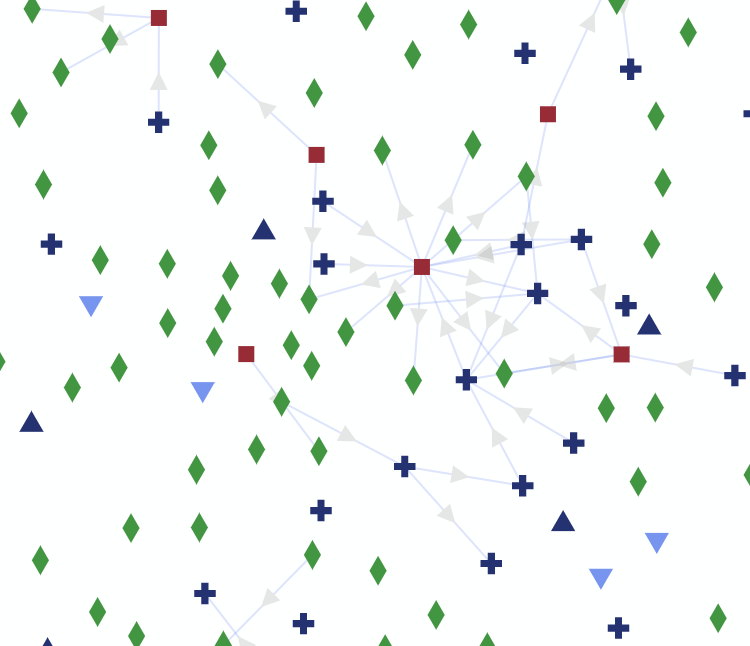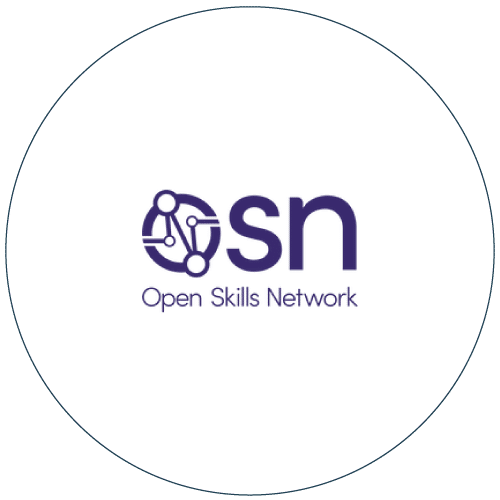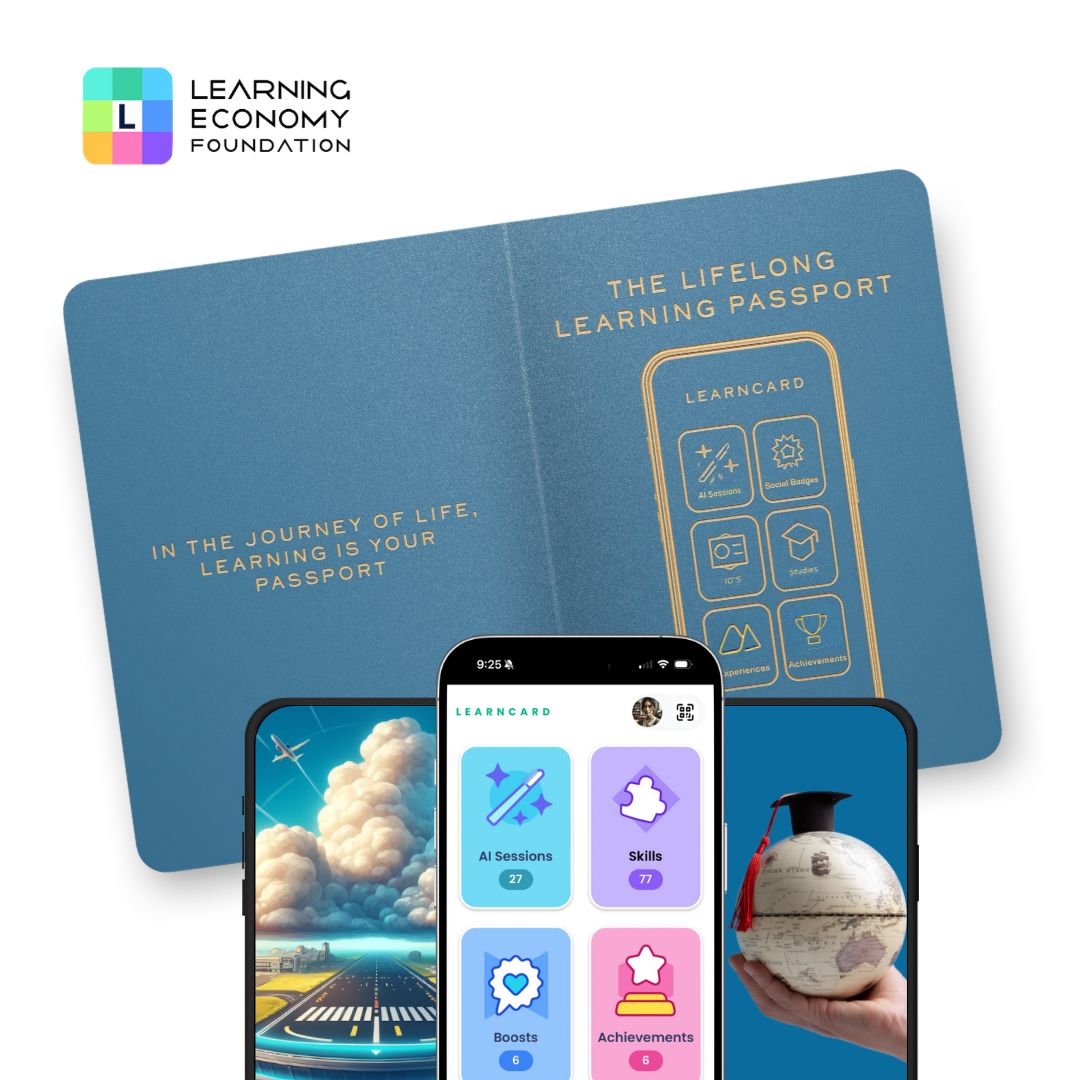How can we scale student success?
That was the simple but ambitious challenge that Jeff Merriman, chief technology officer of the DXtera InstituteSM, and I sought to tackle when we founded the DXtera Institute.
Our nonprofit consortium is driven by a goal of helping institutions of higher education keep more of their students on the path to completion by making the best possible use of digital information, through integration of college information systems. We are taking an innovative approach to this goal, utilizing advanced integration techniques designed to give colleges and universities greater control over their data and systems, leading to improved quality, greater impact, and substantial savings of time and money.
The System Integration Challenge
System integration is both the key to scaling student success and a long-standing problem on campuses.
Colleges need to exchange information with a new generation of applications, in additional to other colleges, and organizations. Fully harnessing relevant information and thereby realizing the potential of student success tools, requires effective integration between a college’s existing systems. But as colleges have evolved, their information technology complexity has grown. Today, college administrators have access to a growing number of information systems, but they are diverse and fragmented. A monolithic approach to data integration with archaic systems built on outdated models and techniques simply doesn’t scale any more.
Those colleges that are blessed with staff and financial resources have been able to muddle through these technology challenges with point-to-point integrations. But as information systems have grown more complex and numerous, the task of utilizing underlying data and functionality has become even more arduous. Legacy systems simply don’t integrate well. And most colleges can’t get access to the data needed to make decisions and improve services.
Colleges are underserved by a marketplace whose black box systems can’t or won’t easily work together. Their systems are too old, resources too limited, integration too expensive, and often bureaucracy won’t allow it.
A New Approach: A Framework for Local Control
Based on our collective work with an informal group of leaders at the intersection of education and technology, and launched on the heels of 15 years of work building solutions by and for the business of education, we have developed an innovative and disruptive approach to access digital information among multiple locations. This approach addresses the market failures, inefficiencies, and distractions of repeatedly developing point-to-point solutions. DXtera’s solutions are scaleable, modular, extensible, secure, and controlled by our institutional members. This approach aims to give institutions the tools to more effectively access their systems and underlying information — where they want, when they want, and how they want — to better achieve their student success goals and fully leverage the function of applications.
Our integration framework mitigates the complexity and redundancy of point-to-point integrations. Through our framework, and the openly published software interfaces on which it’s built, we can build out connectors to legacy systems, provide access controls, integrate with various kinds of information systems, and securely expose data to applications that require it, such as student advising applications, scheduling applications, early alert programs, reporting and analytics tools and more.
How Can DXtera Help?
In fall 2016 we formalized this collaborative effort by establishing the DXtera Institute. Our members bring expertise from a wide range of higher education areas — academic affairs, technology, student affairs, learning and assessment, policy and practice — at the institutional and system level. They are practitioners who are concerned with removing the digital integration barriers to scaling student success.
DXtera is growing rapidly and providing a growing roster of technology solutions demanded by our members.
Members of the DXtera Institute benefit from the following tools to help their institutions succeed:
● Access to a growing repository of technology solutions.
● Technical assistance, including help in developing an institutional data information strategy.
● A network of information technology experts offering support for research and best practices.
● A growing community of members, who contribute knowledge, experience and talent, and collaborate on solutions.
Digital innovation must permeate the business of higher education for colleges to thrive and for students to succeed. I invite you to accelerate the power of your institution by joining DXtera Institute as we forge a bold future on this new path to accessing digital information to scale student success.
Dale Allen, Ph.D
President and Co-founder
Jeff Merriman
CTO and Co-founder


